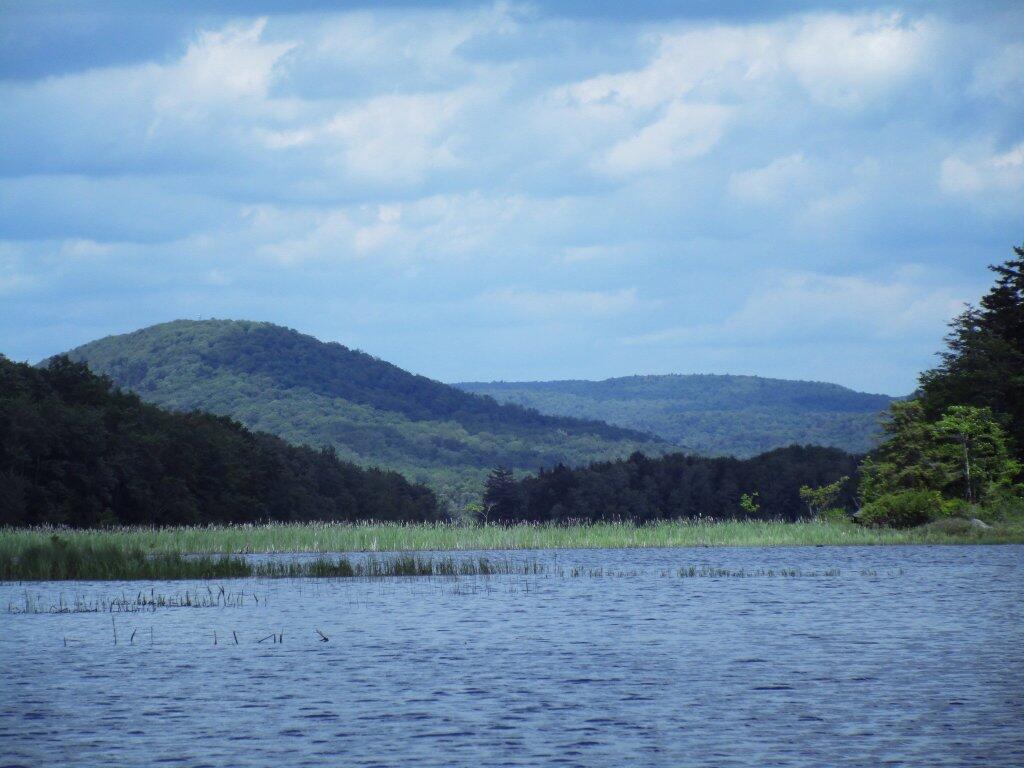As we head into the month of May, the days finally get longer and warmer.😎 The next sixteen weeks will mostly just be a memory of winter, the cold dark days are long gone.⛱ Summer still has a lot of time left so don’t fret — indeed it will only get nicer with later sunsets and warmer temperature over the next eight weeks as summer heads our way. 🏄
| Week |
Date |
Dawn |
Sun-
rise |
Sun-
set |
Dusk |
Day |
Avg High |
Avg Low |
Record Hi |
Record Low |
| 0 |
May 1 |
5:17 am |
5:48 am |
7:56 pm |
8:26 pm |
14:07 |
65 |
43 |
86 (2001) |
28 (2008) |
| 1 |
May 8 |
5:08 am |
5:39 am |
8:03 pm |
8:35 pm |
14:24 |
67 |
45 |
91 (1936) |
26 (1968) |
| 2 |
May 15 |
4:59 am |
5:32 am |
8:11 pm |
8:43 pm |
14:39 |
69 |
47 |
93 (1900) |
31 (1977) |
| 3 |
May 22 |
4:52 am |
5:25 am |
8:18 pm |
8:51 pm |
14:52 |
71 |
49 |
97 (1911) |
33 (2002) |
| 4 |
May 29 |
4:47 am |
5:21 am |
8:24 pm |
8:58 pm |
15:03 |
73 |
51 |
93 (1931) |
34 (1956) |
| 5 |
Jun 5 |
4:43 am |
5:18 am |
8:29 pm |
9:04 pm |
15:11 |
75 |
53 |
97 (1925) |
39 (1990) |
| 6 |
Jun 12 |
4:42 am |
5:17 am |
8:33 pm |
9:08 pm |
15:16 |
77 |
56 |
95 (2017) |
38 (1972) |
| 7 |
Jun 19 |
4:42 am |
5:17 am |
8:36 pm |
9:11 pm |
15:19 |
79 |
58 |
94 (1995) |
38 (1950) |
| 8 |
Jun 26 |
4:44 am |
5:19 am |
8:37 pm |
9:12 pm |
15:17 |
81 |
59 |
99 (1952) |
39 (1979) |
| 9 |
Jul 3 |
4:48 am |
5:23 am |
8:36 pm |
9:11 pm |
15:13 |
82 |
61 |
102 (1911) |
44 (1978) |
| 10 |
Jul 10 |
4:53 am |
5:27 am |
8:33 pm |
9:08 pm |
15:06 |
82 |
61 |
100 (1936) |
47 (1963) |
| 11 |
Jul 17 |
5:00 am |
5:33 am |
8:29 pm |
9:03 pm |
14:56 |
83 |
62 |
99 (1900) |
45 (1974) |
| 12 |
Jul 24 |
5:07 am |
5:40 am |
8:23 pm |
8:56 pm |
14:43 |
83 |
62 |
96 (1941) |
45 (1985) |
| 13 |
Jul 31 |
5:15 am |
5:47 am |
8:16 pm |
8:48 pm |
14:29 |
82 |
62 |
98 (1917) |
49 (1978) |
| 14 |
Aug 7 |
5:23 am |
5:54 am |
8:07 pm |
8:38 pm |
14:13 |
82 |
61 |
102 (1918) |
46 (1994) |
| 15 |
Aug 14 |
5:31 am |
6:01 am |
7:57 pm |
8:28 pm |
13:55 |
81 |
60 |
97 (1988) |
44 (1941) |
| 16 |
Aug 21 |
5:39 am |
6:09 am |
7:47 pm |
8:16 pm |
13:37 |
80 |
59 |
98 (1916) |
42 (1977) |



